Yes, bearded dragons can eat ants.
Ants can deliver necessary nutrients to the bearded dragons. Bearded dragons are becoming very popular as pet all around the world. As caring reptile owners, it’s important to provide our bearded dragons with a balanced diet that meets their nutritional needs.Insects can be a good alternative for the bearded dragons to feed because of their nutrition values. In this blog, we will explore the relationship between bearded dragons and ants, discussing the nutritional benefits, potential risks, and safe ways to introduce ants into their diet. So, let’s dig in and find out if bearded dragons can eat ants!
Table of Contents
Bearded Dragons and Ants: A Curious Relationship
The natural diet of bearded dragons consists of a variety of insects and plant matter. They are omnivores which means they eat both meat and vegetables. This diet provides them with essential nutrients, such as protein, calcium, and folic acid, which are vital for their overall health. When it comes to insects, bearded dragons can consume a wide range, including crickets, mealworms, and cockroaches. But what about ants? Let’s explore the curious relationship between bearded dragons and ants.
Exploring the Natural Diet of Bearded Dragons
In the wild, they consume a variety of insects, including ants, as part of their natural foraging behavior. Offering a variety of insects ensures that bearded dragons receive the necessary nutrients they need to thrive. It’s important to provide a balanced diet that includes a variety of insects, as well as vegetables and greens. This ensures that bearded dragons receive a wide range of essential nutrients, minerals, and vitamins necessary for their overall health and well-being. By mimicking their natural diet, we can ensure that our captive bearded dragons are healthy and thriving.
The Role of Ants in a Bearded Dragon’s Habitat
Ants play a significant role in a bearded dragon’s habitat, both in the wild and at home. As part of their diet, bearded dragons consume ants, which contribute to their overall health. Ants, being small and agile, provide an additional challenge during mealtime, stimulating bearded dragons’ natural hunting instincts. The water content in ants also serves as a source of hydration, especially in arid environments. Additionally, ants offer essential nutrients, further enhancing the nutritional content of a bearded dragon’s diet. However, it is essential to consider the type of ant species consumed, as certain species may pose potential risks to bearded dragons.
The Nutritional Content of Ants
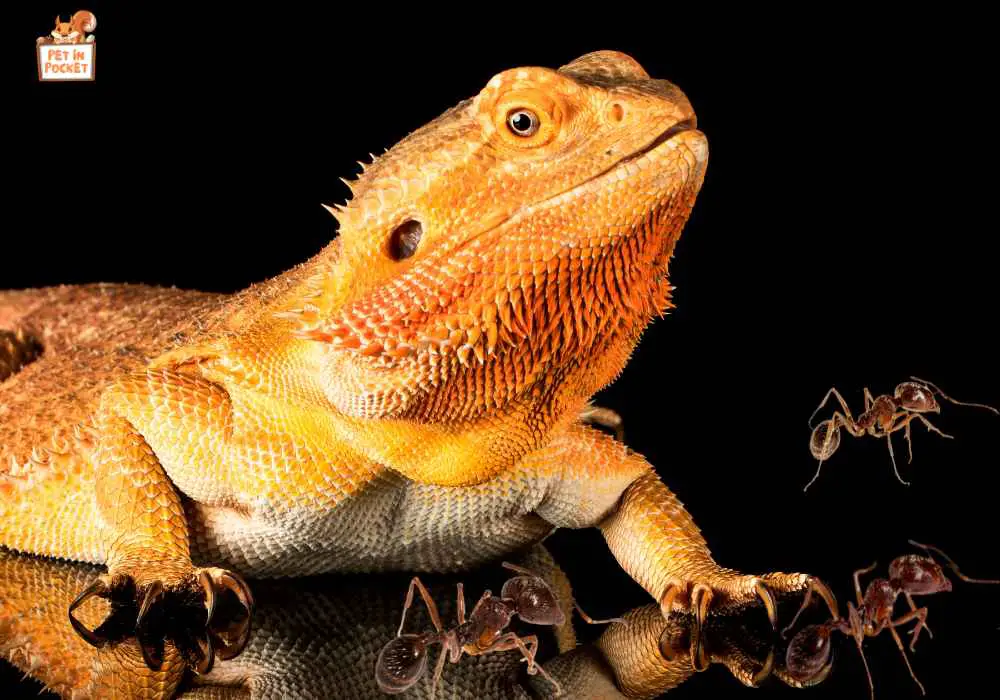
Ants are small but they are kind of a pack nutritional punch for bearded dragons. They offer essential nutrients, including protein, calcium, and folic acid, which are vital for a bearded dragon’s overall health and wellbeing. Protein is essential for muscle development, calcium strengthens bones, and folic acid aids in various bodily functions. Including ants as part of a balanced diet ensures that bearded dragons receive these essential minerals and nutrients. In contrast, adult leaf-cutting ants and black ants contain an average of 42–53 grams and 40–45 grams of protein per 100 grams, respectively ( 1 , 2, 4 , 5 , 6).
However, it’s hard to analyze the nutritional benefits of ants in detail and compare different ant species to make informed feeding decisions for our bearded dragons.
Analyzing the Nutritional Benefits for Bearded Dragons
Ants provide nutritional benefits to bearded dragons, making them a valuable addition to their diet. They are a good source of protein, which is essential for growth, muscle development, and overall health. Additionally, ants contain calcium, which helps strengthen bearded dragons’ bones and promotes proper bodily functions. Folic acid, another essential nutrient found in ants, supports various systems in a bearded dragon’s body, including red blood cell production. By including ants in a bearded dragon’s varied diet, we ensure that they receive these essential nutrients, contributing to their overall health and wellbeing.
Comparing Different Species of Ants
It’s important to be aware of the different ant species and their nutritional content when considering them as part of a bearded dragon’s diet. Let’s compare a few ant species commonly encountered:
| 1.Red ants: | These ants are small, red, and aggressive in nature. While they may be consumed by bearded dragons, caution should be exercised due to their potential sting and defensive nature. |
| 2.Fire ants: | Fire ants produce formic acid, which can be harmful to bearded dragons if consumed in large quantities. Avoid feeding bearded dragons fire ants to prevent potential health issues. |
| 3.Other ant species: | Certain ant species, such as black ants, may provide nutritional benefits without the risks associated with red or fire ants. |
Understanding the nutritional differences and potential risks of different ant species helps us make informed decisions about the types of ants to offer to our bearded dragons.
Potential Risks of Feeding Ants to Bearded Dragons
While ants can be a beneficial addition to a bearded dragon’s diet, there are potential risks that need to be considered. It’s essential to understand these risks and take appropriate precautions to ensure the health and wellbeing of our reptile companions. Let’s explore some potential risks associated with feeding ants to bearded dragons.
Understanding the Dangers of Certain Ant Species
Certain ant species, such as fire ants, can pose health risks to bearded dragons. Fire ants produce formic acid, which can be harmful if consumed in large quantities. Ingesting fire ants can lead to health problems, including gastrointestinal issues and potential allergic reactions. It’s crucial to avoid exposing bearded dragons to fire ants or other aggressive ant species that have the potential to sting or cause harm. Additionally, bearded dragons may experience health issues such as impaction if they consume ants that are too large or not properly prepared. Carefully selecting and preparing ants for consumption is essential to mitigate potential risks.
Issues Arising from Overconsumption of Ants
While ants can provide nutritional benefits, overconsumption of ants can lead to health issues for bearded dragons. Feeding large quantities of ants, especially without moderation, can result in health problems such as impaction, where the digestive system becomes blocked, preventing proper digestion. Additionally, overfeeding ants can lead to obesity in bearded dragons, as ants are high in protein and calories. It’s important to monitor the intake of ants and provide a balanced diet that includes a variety of insects and plant matter, ensuring bearded dragons receive essential nutrients without overloading on any one food item.
How to Safely Introduce Ants into Your Bearded Dragon’s Diet
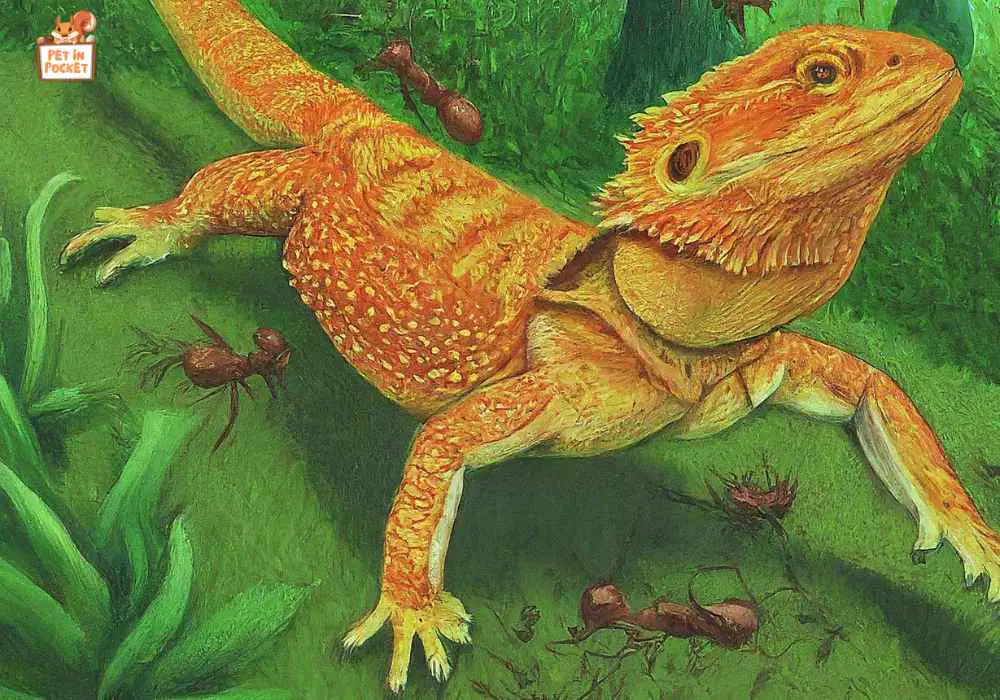
If you decide to include ants in your bearded dragon’s diet, it’s important to do so safely to avoid potential health risks. Here are some steps to safely introduce ants into your bearded dragon’s diet:
Preparing Ants for Consumption
When offering ants to your bearded dragon, source them from reputable suppliers to ensure they are of good quality and free from harmful substances. To prepare ants for consumption, consider the following:
| Gut-loading: | Before feeding ants to your bearded dragon, ensure they have been properly gut-loaded with nutritious plant matter. This adds nutritional value to the ants, enhancing their benefits for your beardie. |
| Avoid pesticides: | Do not feed your bearded dragon ants that have come into contact with pesticides or other harmful substances. These can be toxic and pose serious health risks. |
| UVB light: | Ensure your bearded dragon is receiving adequate UVB light, as this aids in calcium absorption, an essential mineral found in ants. |
Careful preparation and sourcing of ants contribute to a safe and beneficial diet for your bearded dragon.
Establishing a Healthy Quantity of Ants to Feed
Feeding ants to your bearded dragon should be done in moderation, alongside a balanced diet of vegetables, greens, and other insects. Here are some considerations for establishing a healthy quantity of ants to feed:
| Moderation: | Offer ants to your bearded dragon in moderation, ensuring they receive a diverse diet of insect prey, greens, and vegetables. |
| Balanced diet: | Ants should be balanced with other food items to provide essential minerals, nutrients, and variety. |
| Consult with a veterinarian: | Consult with a veterinarian or reptile expert to determine an appropriate quantity of ants based on your bearded dragon’s individual needs. |
By maintaining moderation and ensuring a balanced diet, you can safely incorporate ants into your bearded dragon’s feeding routine.
Variations in Feeding Ants to Adult and Baby Bearded Dragons
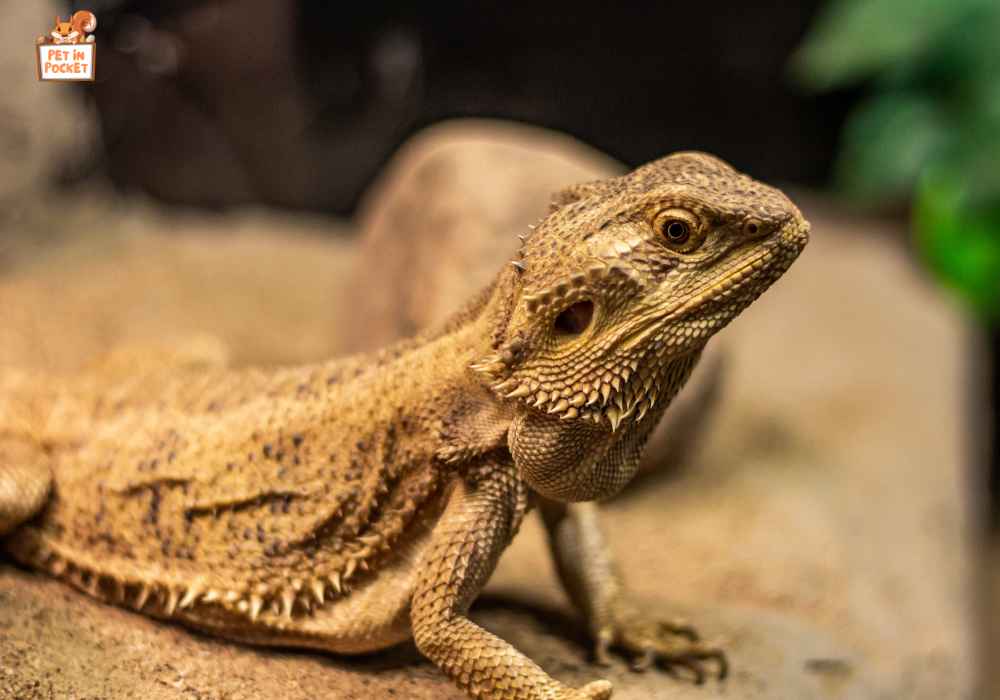
Feeding ants to bearded dragons may vary depending on whether they are adults or babies. Let’s explore the considerations for including ants in the diet of both adult and baby bearded dragons.
Assessing the Suitability of Ants for Adult Bearded Dragons
Adult bearded dragons can benefit from the inclusion of ants as part of their diverse diet. Considering their overall health, the variety of insects, and the calcium content of their diet, ants can be a valuable addition. As responsible reptile keepers, we should ensure a well-rounded diet that includes a variety of insects, greens, and vegetables to meet an adult bearded dragon’s nutritional needs. Always consider their individual health, preferences, and consult a veterinarian for specific recommendations.
Evaluating the Risks and Benefits for Baby Bearded Dragons
Baby bearded dragons have specific dietary requirements as they are growing and developing. While ants offer potential benefits such as folic acid and essential nutrients, it’s crucial to evaluate the risks and benefits carefully. Consider the following:
| Potential benefits: | Ants can be a source of essential nutrients, aiding in the growth and development of baby bearded dragons. |
| Health risks: | Monitor baby bearded dragons closely for any potential health issues, such as impaction, when introducing ants into their diet. Adjust quantities and observe how they respond to ants gradually. |
| Diversify the diet: | Offer ants alongside other food items, such as appropriate-sized insects, greens, and vegetables, to ensure a balanced diet for baby beardies. |
Always be cautious when feeding ants to baby bearded dragons, observing their health and well-being, and making adjustments as necessary.
Exploring Alternatives to Ants in Your Bearded Dragon’s Diet
While ants can be an interesting addition to a bearded dragon’s diet, there are alternatives available that provide similar nutritional benefits. Let’s explore some healthy substitute foods for bearded dragons.
Healthy Substitute Foods for Bearded Dragons
A varied diet is essential for the overall health of bearded dragons. Here are some healthy substitute foods that can be offered alongside or in place of ants:
| Variety of vegetables: | Including a variety of vegetables, such as collard greens, kale, and bell peppers, provides essential nutrients, minerals, and hydration for bearded dragons. |
| Water content: | Offer vegetables with high water content, such as cucumbers, to help keep bearded dragons hydrated. |
| Other insects: | Worms, crickets, and other insects can be excellent sources of protein for bearded dragons, offering nutritional benefits similar to ants. |
| Reputable suppliers: | Ensure that food items, including vegetables and insects, come from reputable suppliers to maintain their quality and minimize potential risks. |
By providing a diverse diet of vegetables and other insects, we can ensure that bearded dragons receive essential nutrients and thrive.
Balancing a Bearded Dragon’s Diet for Optimal Health
A balanced diet is crucial for the optimal health of bearded dragons. They require a variety of insects, including ants, as well as plant matter in their diet. A balanced diet ensures they receive essential nutrients, minerals, and vitamins necessary for their growth, development, and overall well-being. By offering a diverse range of food items, we can meet their nutritional needs, prevent health problems, and support their overall health. Striking a balance between insects and plant matter is essential, ensuring bearded dragons receive a diet that mimics their natural food sources.
Observing the Impact on Your Bearded Dragon’s Health
As responsible bearded dragon owners, it’s essential to observe the impact of their diet on their overall health and well-being. Paying close attention to any signs of an unhealthy diet can help us address potential issues early on.
Identifying Signs of an Unhealthy Diet in Your Bearded Dragon
Always be aware of potential signs of an unhealthy diet in bearded dragons, such as health problems, obesity, and changes in browsing behavior. Some indicators of an improper diet include weight gain or loss, lethargy, changes in appetite, or poor shedding. If you notice any of these signs, it’s crucial to reassess the diet you’re providing and consult with a veterinarian for guidance. An unhealthy diet can lead to a variety of health issues, so ensuring a balanced and nutritious meal plan is essential to the overall health of your bearded dragon.
Addressing Health Problems Related to Diet
A bearded dragon’s diet must include a balance of plants and insects to ensure their well-being. While ants can be part of a beardie’s diet, it’s crucial to avoid offering ants that may have been exposed to harmful substances. Improper nutrition can lead to health issues like metabolic bone disease and obesity in bearded dragons. Consulting with a reptile expert is essential to ensure your pocket pet receives a varied and suitable diet. Additionally, supplementing their diet with calcium and vitamins supports their overall health and vitality.
Have You Considered All Aspects Before Feeding Ants to Your Bearded Dragon?
Before incorporating ants into your bearded dragon’s diet, it’s essential to consider all aspects to ensure their health and well-being. While ants can offer nutritional benefits, potential risks, such as formic acid and impaction, need to be taken into account. A bearded dragon’s overall health, age, and individual needs must be considered when introducing ants or any other food items. It’s important to source ants from reputable suppliers, prepare them properly, and monitor your beardie’s response to the new food item. Consult with a veterinarian or reptile expert if you have any concerns or need guidance.
By carefully evaluating all aspects, you can make informed decisions about including ants in your bearded dragon’s diet.
Conclusion
In conclusion, while ants can be a part of a bearded dragon’s diet, it is important to consider several factors before introducing them. The natural diet of bearded dragons and the nutritional benefits of ants must be evaluated. It is crucial to select safe and suitable ant species, as certain ants may pose risks to your bearded dragon’s health. Additionally, it is essential to prepare ants properly and establish a healthy quantity to feed.
Alternatives to ants should also be explored to ensure a balanced diet for optimal health. Regular observation of your bearded dragon’s health and addressing any issues related to diet is necessary. Before incorporating ants into your bearded dragon’s diet, carefully consider all aspects to ensure their well-being.
Some important FAQs
Can bearded dragons eat ants?
Yes, bearded dragons can eat ants. However, it’s important to ensure that the ants are free from pesticides and other harmful chemicals. Offering ants as an occasional treat is generally safe for adult bearded dragons.
Are ants a suitable regular food source for bearded dragons?
While ants can be offered as an occasional treat, they should not be a
regular part of a bearded dragon’s diet. Ants lack some essential nutrients
that bearded dragons require for optimal health.
Are there any risks associated with feeding ants to bearded
dragons?
One potential risk of feeding ants to bearded dragons is the
possibility of allergic reactions. Some bearded dragons may have sensitivities
to ant venom or other components of ants. Additionally, ants may carry
parasites or pathogens that could harm your pet.
How should ants be prepared before feeding them to a bearded
dragon?
Before offering ants to your bearded dragon, ensure they are from a
safe source, such as a pesticide-free environment. Rinse them thoroughly to
remove any dirt or contaminants. It’s also advisable to crush or chop them into
smaller pieces to prevent choking.
Can baby bearded dragons eat ants?
It’s generally recommended to avoid feeding ants to baby bearded dragons. Young dragons have delicate digestive systems and may not be able to process ants effectively.Stick to a diet primarily consisting of appropriately sized insects and leafy greens for baby bearded dragons.
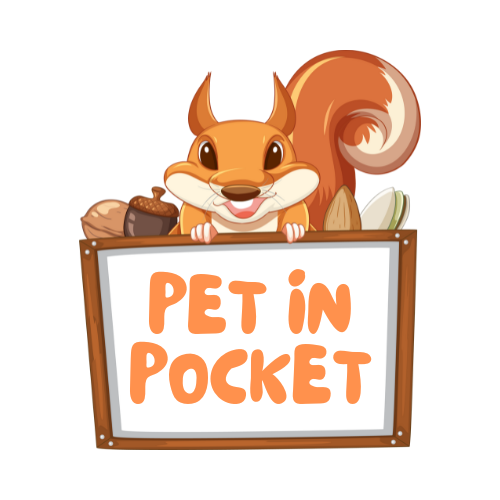
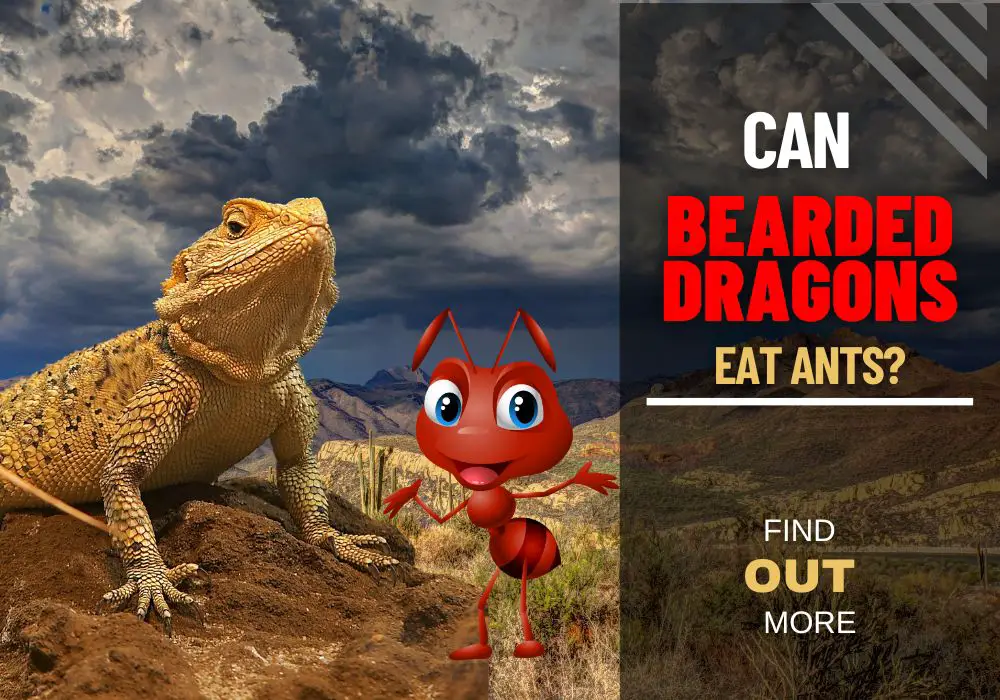
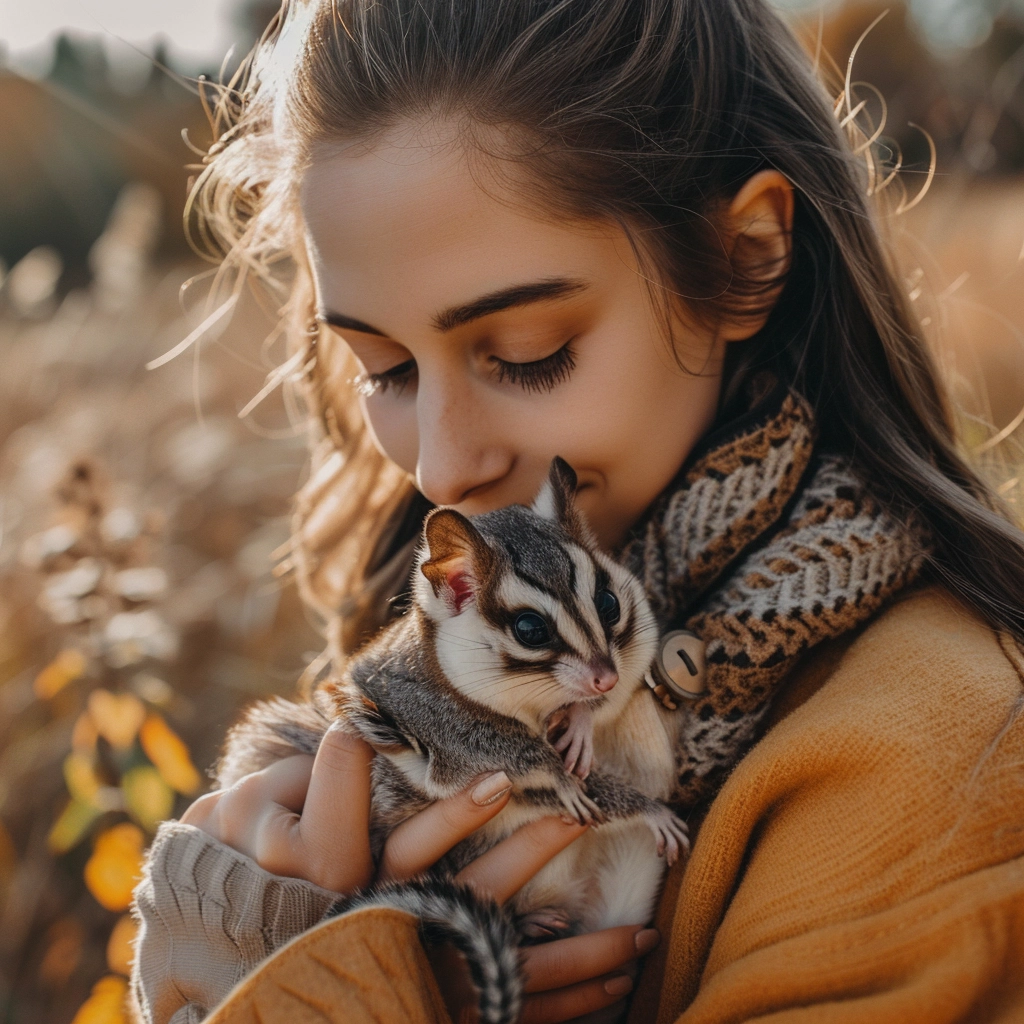
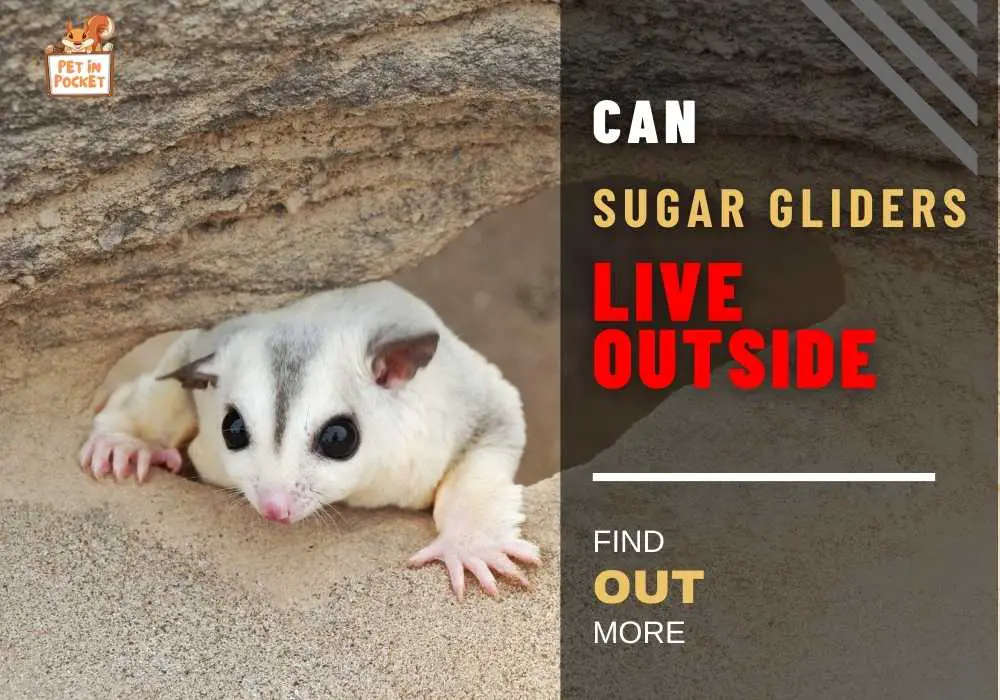
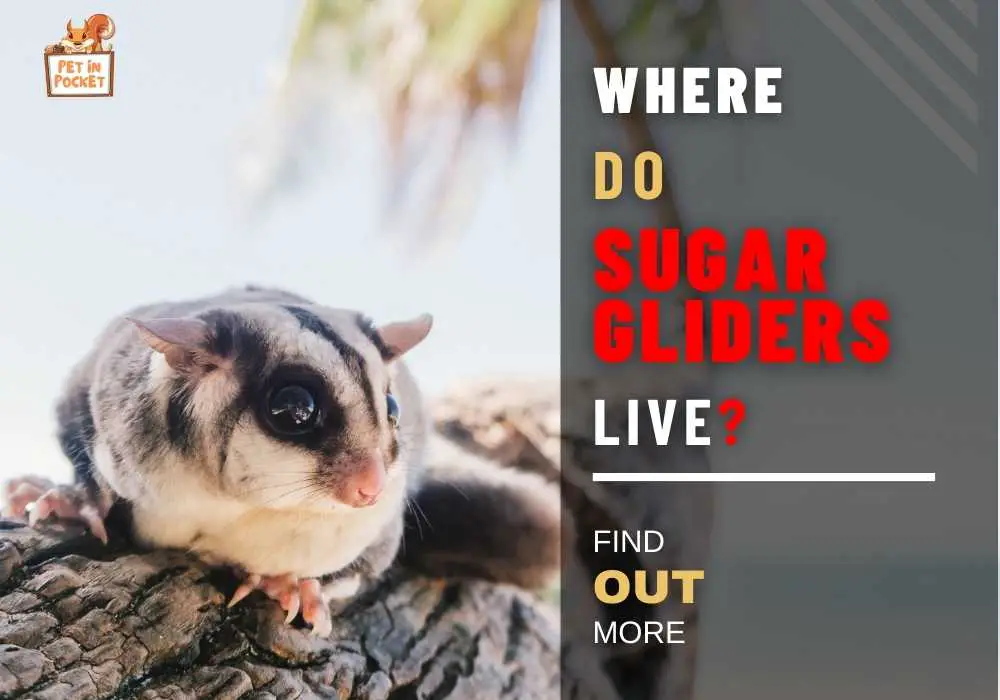
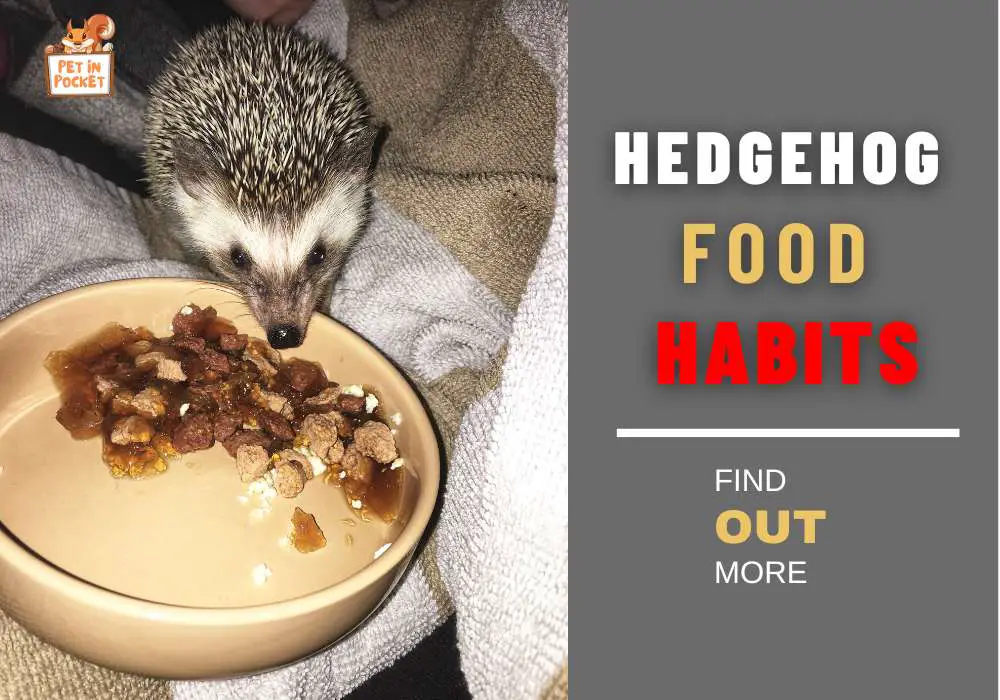
Leave a Reply